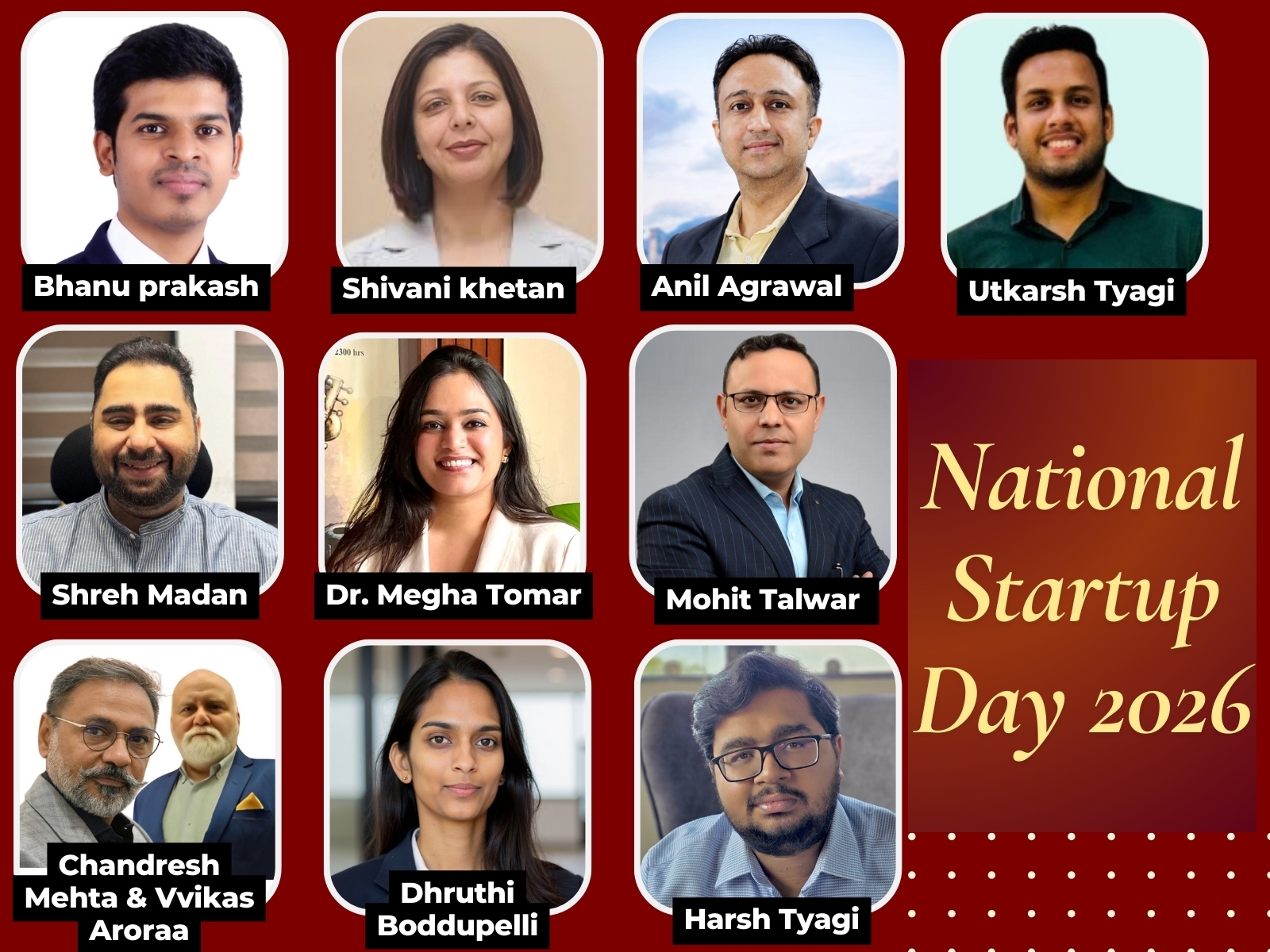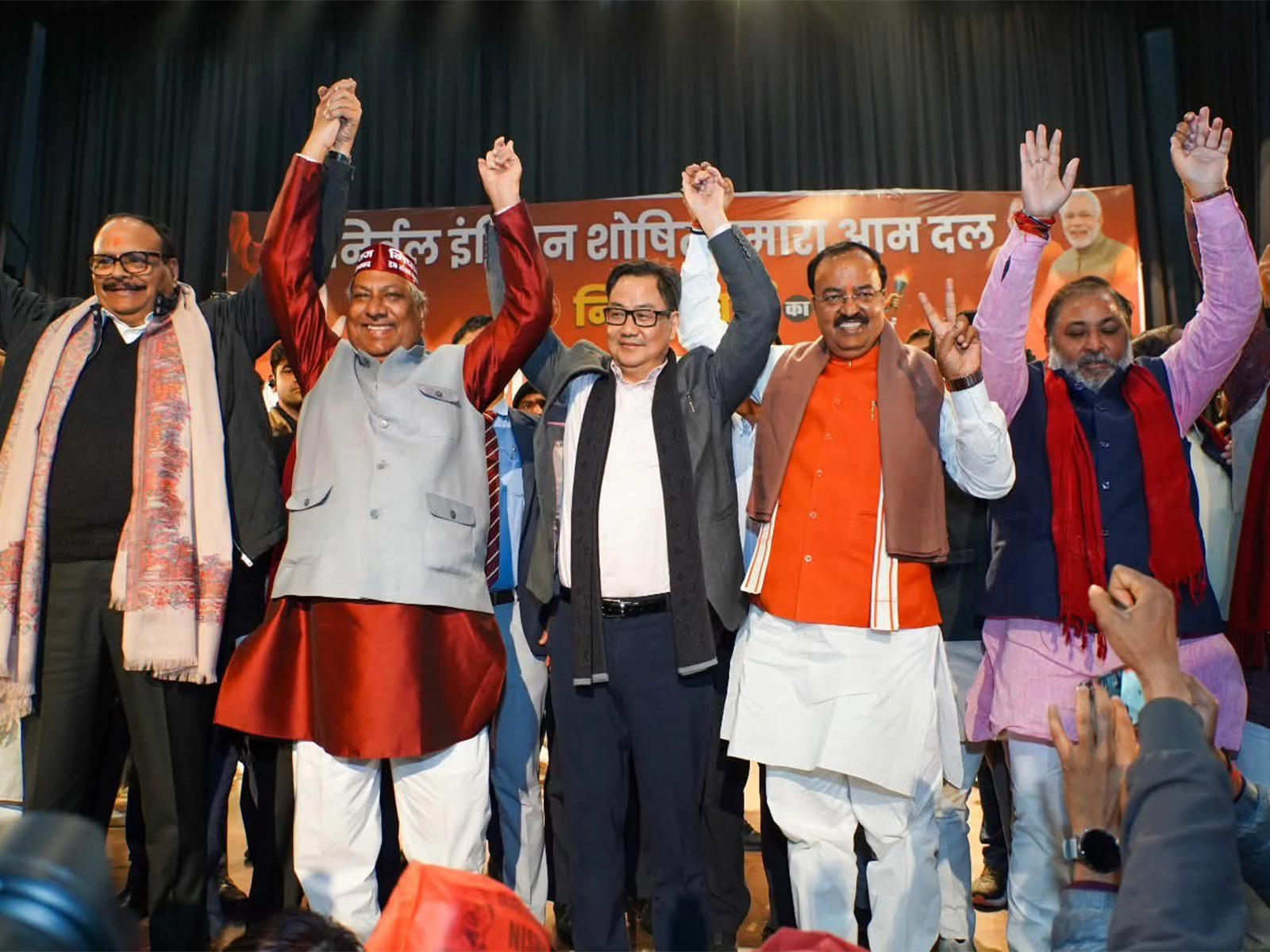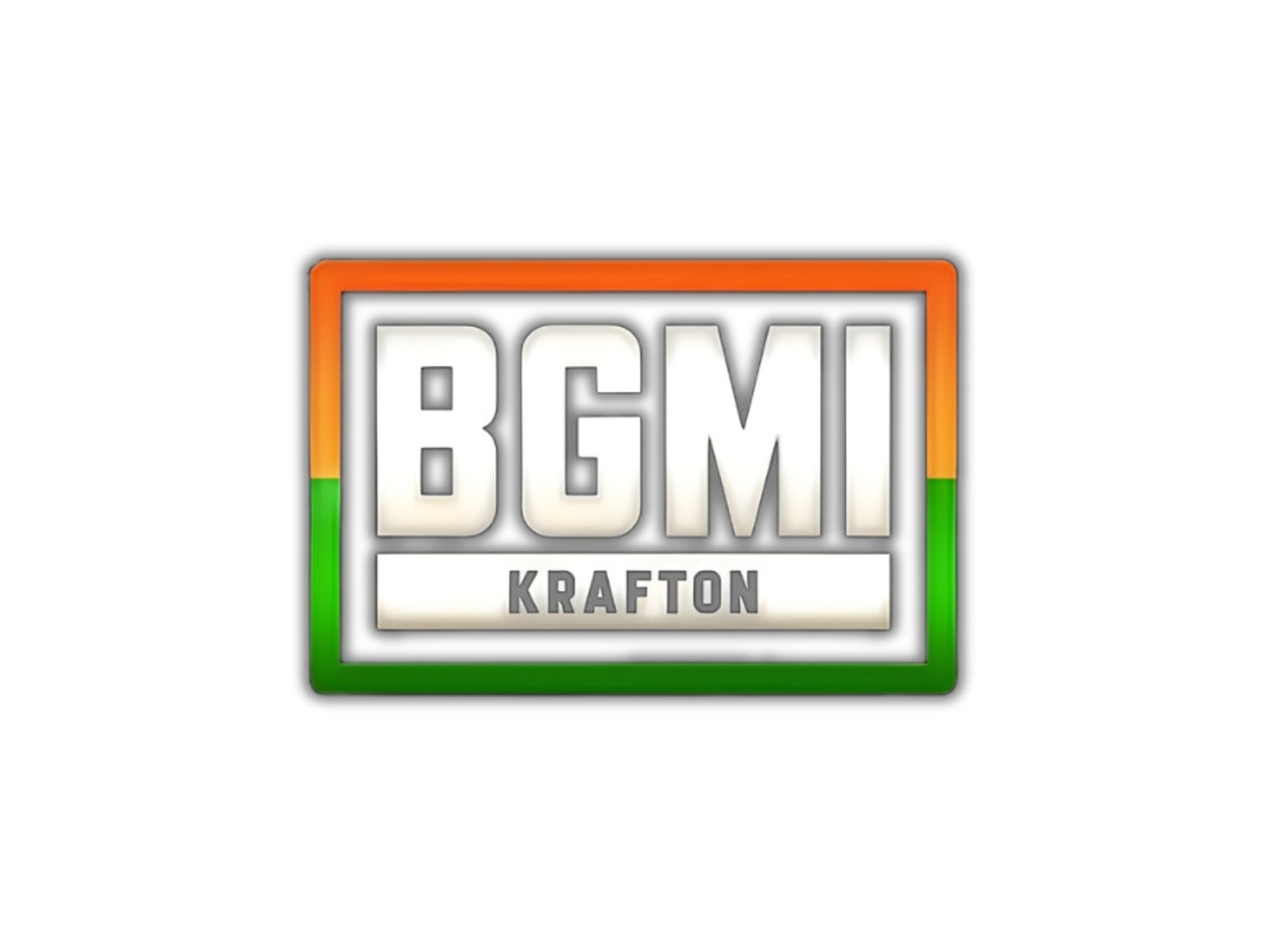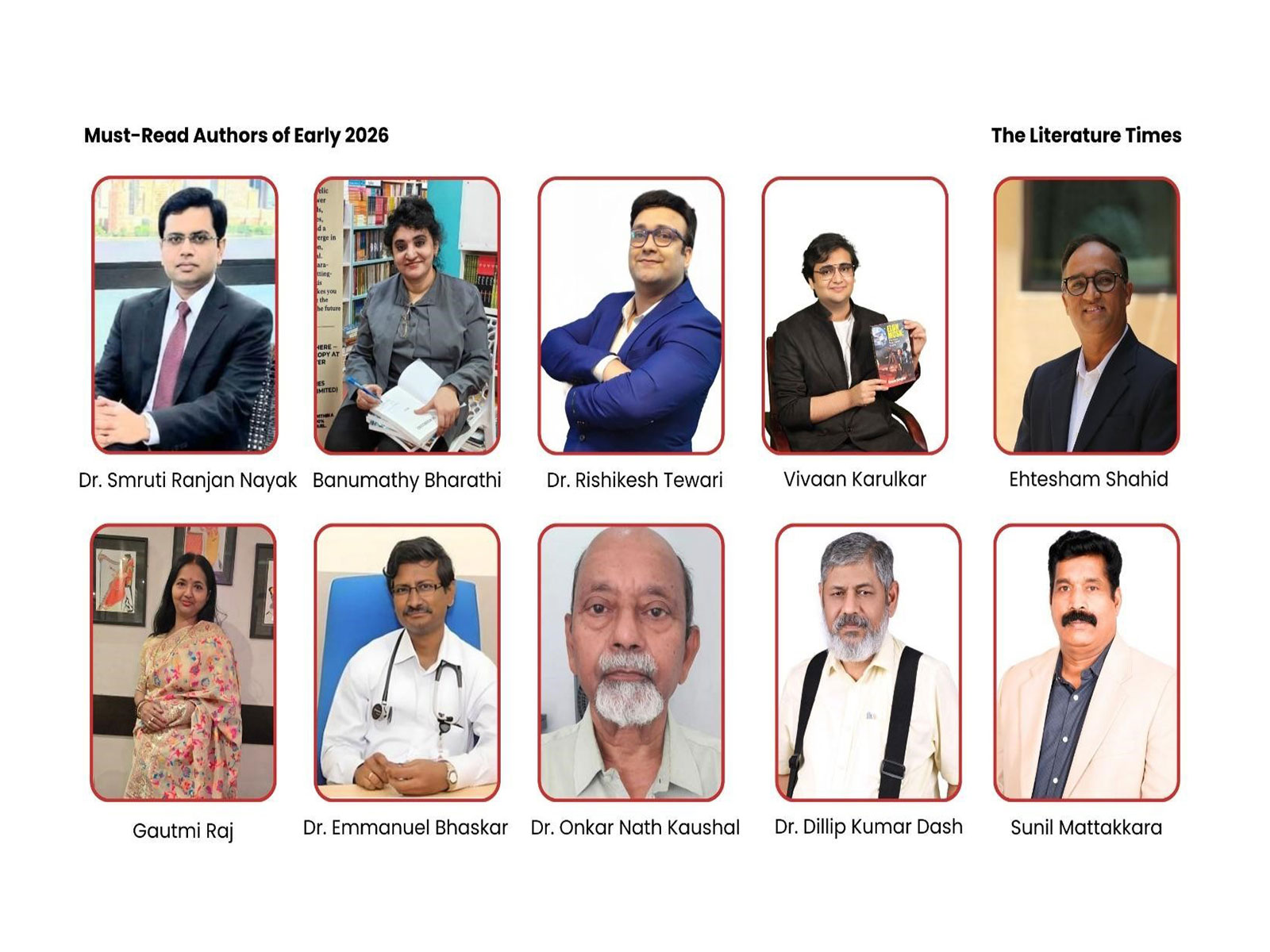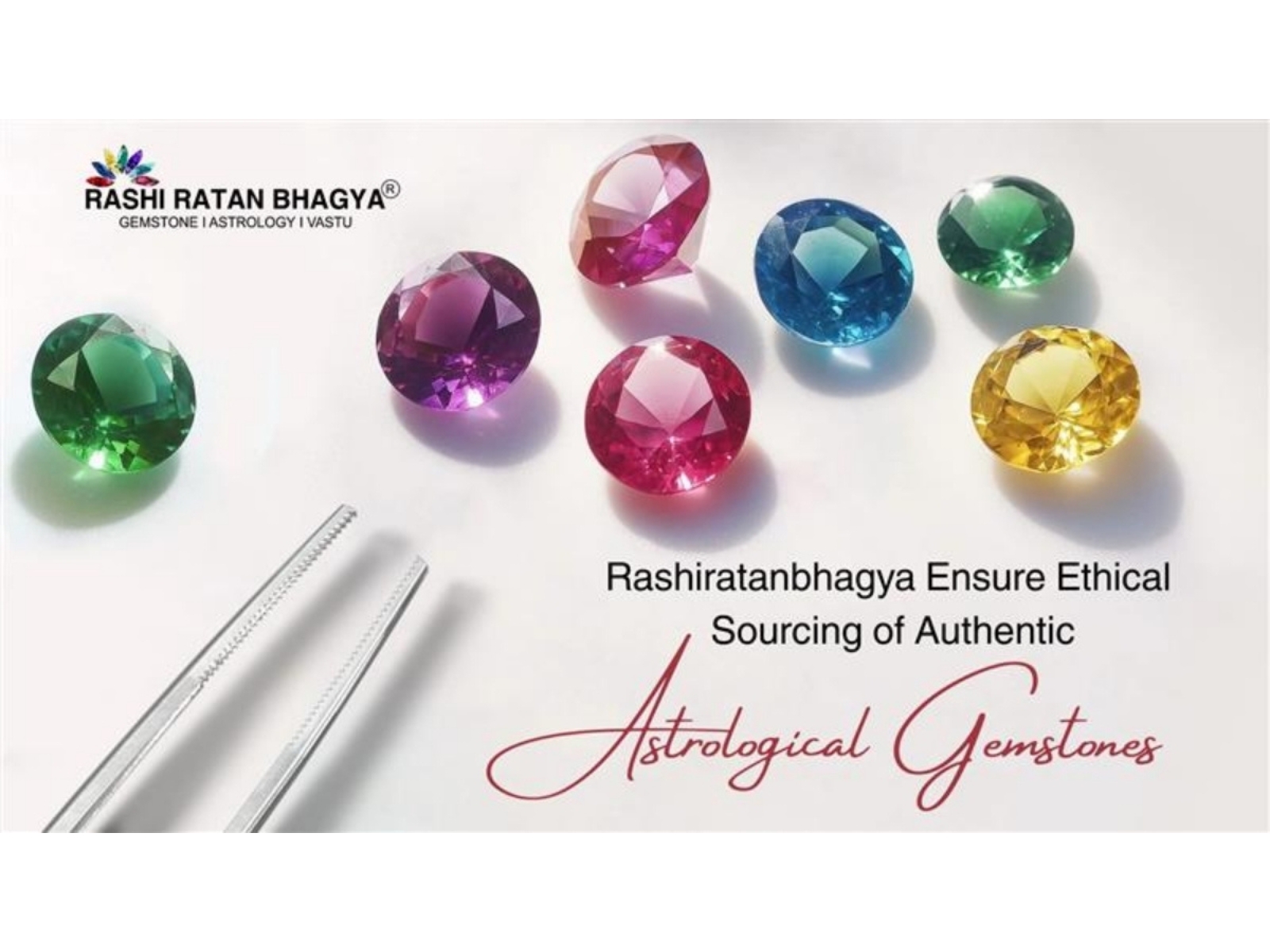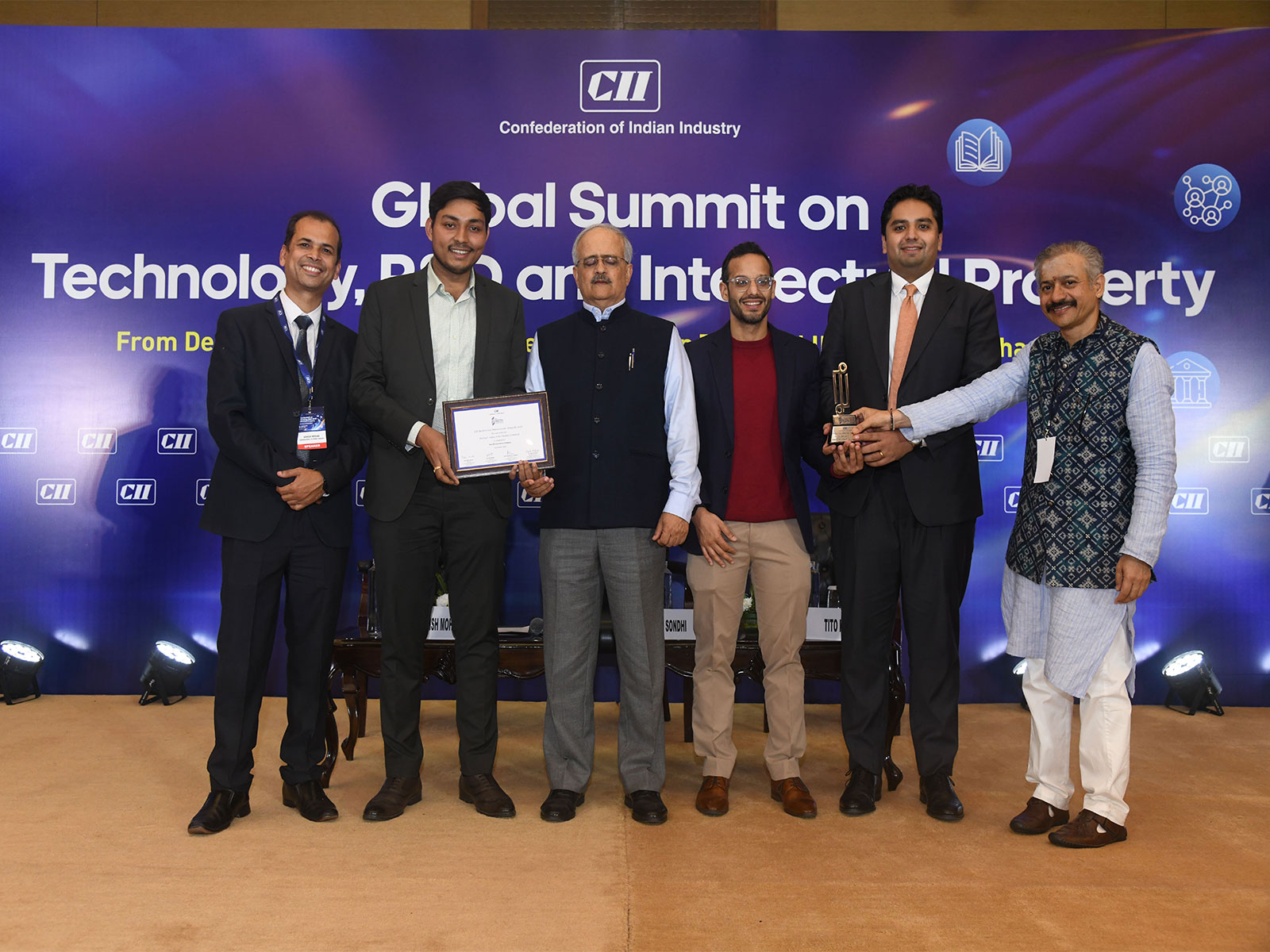
Voice actors push back as AI threatens dubbing industry
Aug 03, 2025
New York [US], August 3: Boris Rehlinger may not turn heads on the streets of Paris, but his voice is instantly recognisable to millions of French filmgoers.
As the French voice of Ben Affleck, Joaquin Phoenix, and even Puss in Boots, Rehlinger is a star behind the scenes - and now he is fighting to keep his craft alive in the age of AI.
He said there was a team of professionals, including actors, translators, production directors, dialogue adapters and sound engineers, to ensure audiences barely notice that the actor on screen is speaking a different language than they hear.
The rise of global streaming platforms such as Netflix (NFLX.O), opens new tab, which relies heavily on dubbing to make global hits such as "Squid Game" and "Lupin", has amplified demand.
Consumer research firm GWI says 43% of viewers in Germany, France, Italy and Britain prefer dubbed content over subtitles.
The market is expected to grow to $4.3 billion in 2025, reaching $7.6 billion by 2033, according to Business Research Insights.
That growth could also amplify demand for the so-far nascent technology-based solutions, with platforms competing for subscribers and revenue, and seeking to win over advertisers from their rivals by emphasising their increasing reach.
But as AI-generated voices become more sophisticated and cost-effective, voice actor industry associations across Europe are calling on the EU to tighten regulations to protect quality, jobs and artists' back catalogues from being used to create future dubbed work.
Worries over technology in the movie industry and whether it will replace the work of humans are not new. AI has been a flashpoint in Hollywood since the labour unrest of 2023, which resulted in new guidelines for the use of the technology.
Netflix co-CEO Ted Sarandos said this month that the company used generative AI to produce visual effects for the first time on screen in the original series "El Eternauta (The Eternaut)".
It has also tested GenAI to synchronise actors' lip movements with dubbed dialogue to improve the viewing experience, according to three sources familiar with the work.
These experiments rely on local voice actors to deliver the lines, rather than use AI to synthetically translate the on-screen performer's voice into another language.
Such a use of AI for dubbing is permitted under the new SAG-AFTRA actors' union contract, which covers voice-over dubbing from foreign languages into English. It also requires that the actor rendering the dubbing service be paid.
Netflix declined to comment on its use of AI in dubbing when asked by Reuters.
Source: Fijian Broadcasting Corporation
